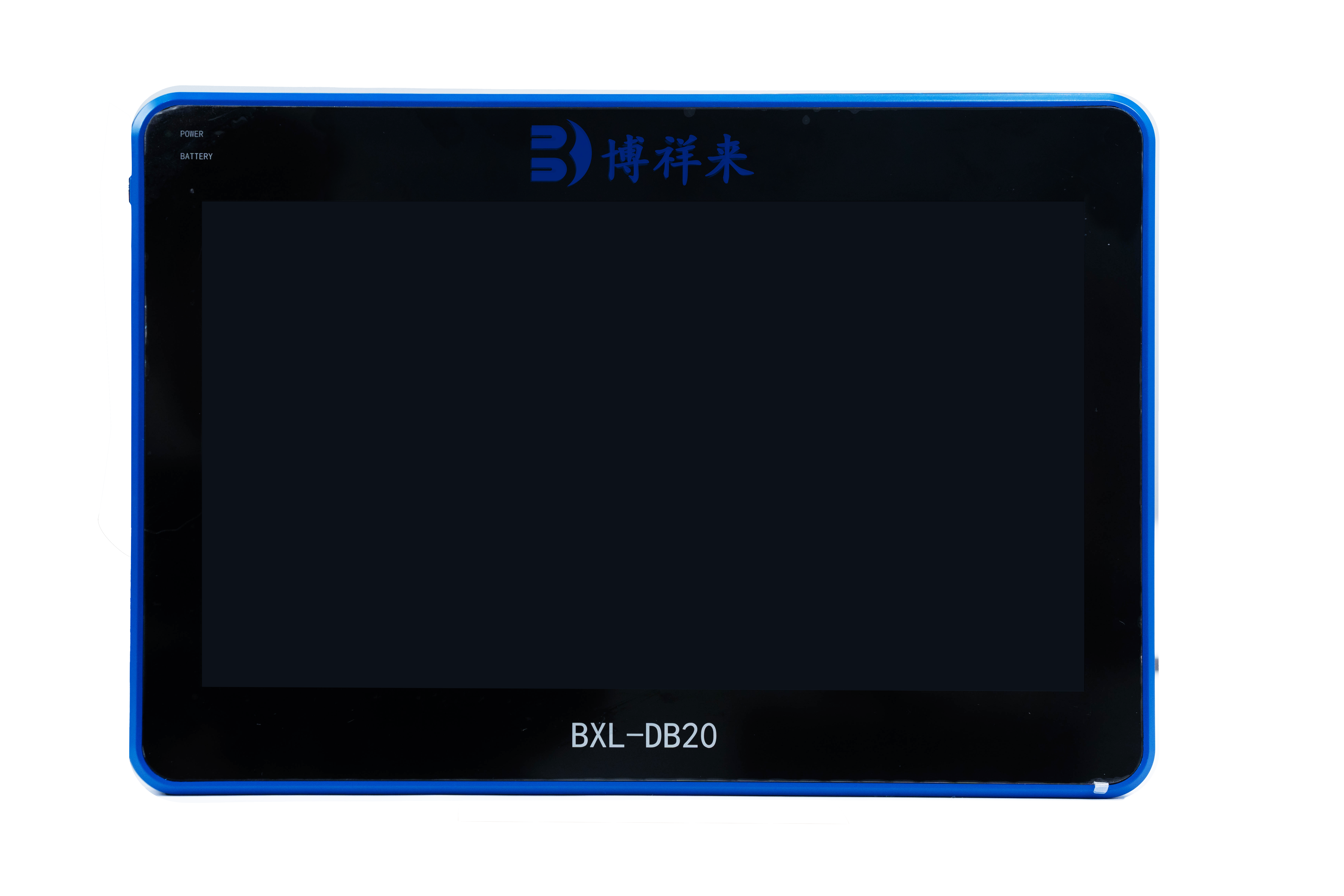In the ever-evolving field of medical technology, the portable ultrasound scanner stands out as a revolutionary tool for healthcare providers. With its ability to deliver real-time imaging at the point of care, this device enhances diagnostic accuracy and patient outcomes. In this article, we will explore the features, benefits, applications, and considerations of Portable ultrasound scanners, highlighting their growing importance in modern healthcare.


What is a Portable Ultrasound Scanner?
A portable ultrasound scanner is a compact, lightweight device that uses high-frequency sound waves to create images of internal organs and tissues. Unlike traditional ultrasound machines, which are bulky and require dedicated spaces, portable scanners can be easily transported, making them ideal for use in various settings, including hospitals, clinics, and remote locations.
Key Features of Portable Ultrasound Scanners
Compact Design: Most portable ultrasound scanners are designed for easy mobility, often weighing less than 10 pounds and featuring a sleek form factor.
User-Friendly Interface: Many models come with intuitive touchscreens and pre-set imaging protocols, allowing even novice users to operate them effectively.
Advanced Imaging Technology: Portable scanners are equipped with advanced imaging capabilities, including 2D, 3D, and Doppler imaging, providing high-resolution images for accurate diagnoses.
Wireless Connectivity: Many devices offer Wi-Fi or Bluetooth capabilities, enabling data sharing and integration with electronic health records (EHR) systems for streamlined patient management.
Benefits of Using Portable Ultrasound Scanners
Enhanced Accessibility: Portable ultrasound scanners make imaging accessible in remote areas or emergency situations where traditional machines may not be available.
Immediate Results: Real-time imaging allows for prompt diagnosis and decision-making, improving patient care and reducing wait times.
Versatile Applications: These scanners can be used in various medical fields, including cardiology, obstetrics, emergency medicine, and veterinary care, demonstrating their versatility.
Cost-Effective Solution: While initial costs may vary, portable ultrasound scanners can reduce overall healthcare costs by minimizing the need for patient transfers and enhancing workflow efficiency.
Applications of Portable Ultrasound Scanners
- Emergency Medicine: Quickly assess trauma patients and guide procedures, such as central line placement.
- Obstetrics: Monitor fetal development and detect complications during pregnancy.
- Cardiology: Evaluate heart function and diagnose conditions like heart failure or valve disorders.
- Veterinary Medicine: Provide imaging solutions for diagnosing animal health issues in various settings.
Considerations When Choosing a Portable Ultrasound Scanner
Budget: Determine your budget, as portable ultrasound scanners range from $2,000 to over $30,000, depending on features and capabilities.
Intended Use: Assess your specific clinical needs to select a model with the appropriate imaging functions and features.
Training and Support: Consider manufacturers that offer comprehensive training and customer support to ensure effective usage.
Durability: Look for models built to withstand frequent transport and use in diverse environments, ensuring longevity.
tags: Portable Ultrasound Scanner


